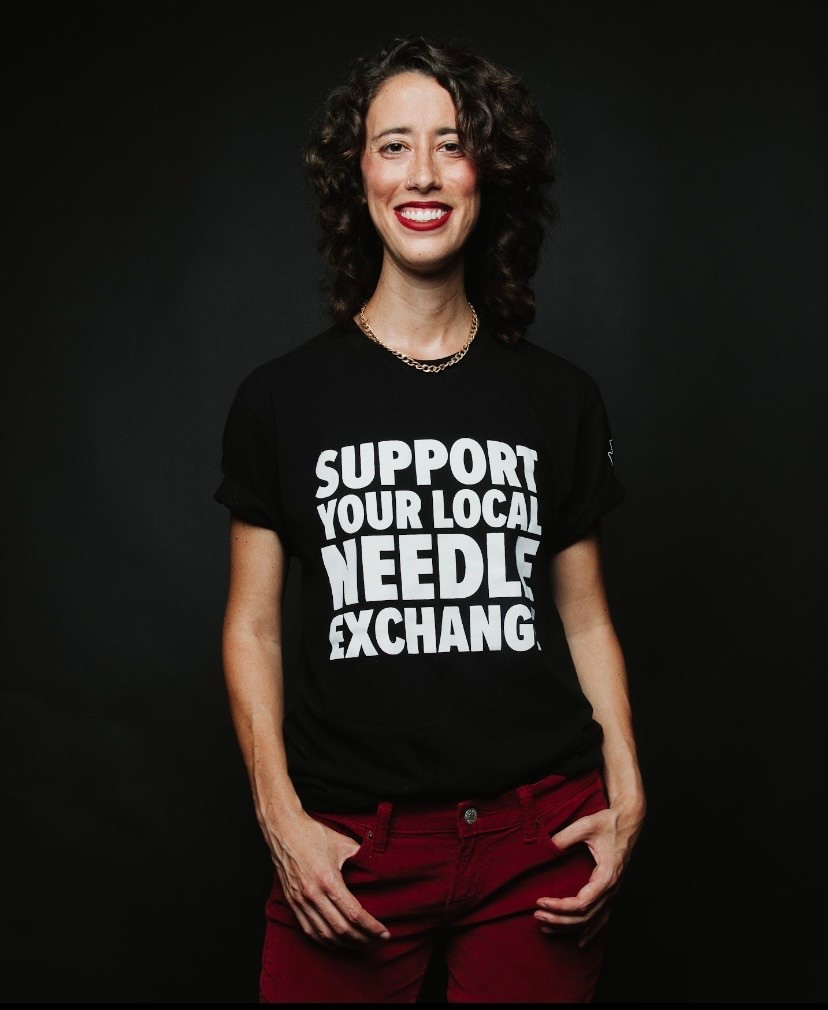We were lucky to catch up with Erika Holliday recently and have shared our conversation below.
Erika , thanks for taking the time to share your stories with us today We’d love to hear the story behind how you got your first job in field that you currently practice in.
I got my first job through Americorps. I studied sexual health in college and wanted to pursue a job in that realm post-graduation. I was placed at an HIV clinic in Anchorage, Alaska. I was so excited to travel and experience a brand-new culture far from my upbringing in the Midwest, while simultaneously getting to start my career in sexual health. After I arrived at the organization, I quickly learned that while my job would have some sexual health related responsibilities, much of my work would center around running their syringe service program (SSP.) A SSP is a place where people who inject drugs can exchange their used needles for unused ones. This assists in lowering the spread of infectious diseases such as HIV and Hepatitis C.
I was willing to take on this unexpected task but felt completely unprepared. I had little interest in working with the substance use community and had my fair share of stigma from being raised in a population that looks negatively upon people who use drugs. However, day after day providing services to people who were actively using drugs like heroin, meth, and fentanyl, learning their stories and building connections, my views quickly changed. These were all people who had “normal” lives, and something went awry. Trauma occurred, or an unfortunate connection was made, and their lives quickly spiraled into something they no longer had control of. I learned their stories, and ultimately the community stole my heart. I quickly realized that there are not enough people employed in health fields who are advocates and allies to this community. I made a commitment at the end of my year to be someone who will be a voice for the drug user population. I want to give my career to expanding services, decreasing stigma, and enhancing harm reduction forms of recovery for people who use drugs. It’s not easy work, but it’s important, and the stories and connections of people who actively use drugs and are in long term recovery are what keep me going.
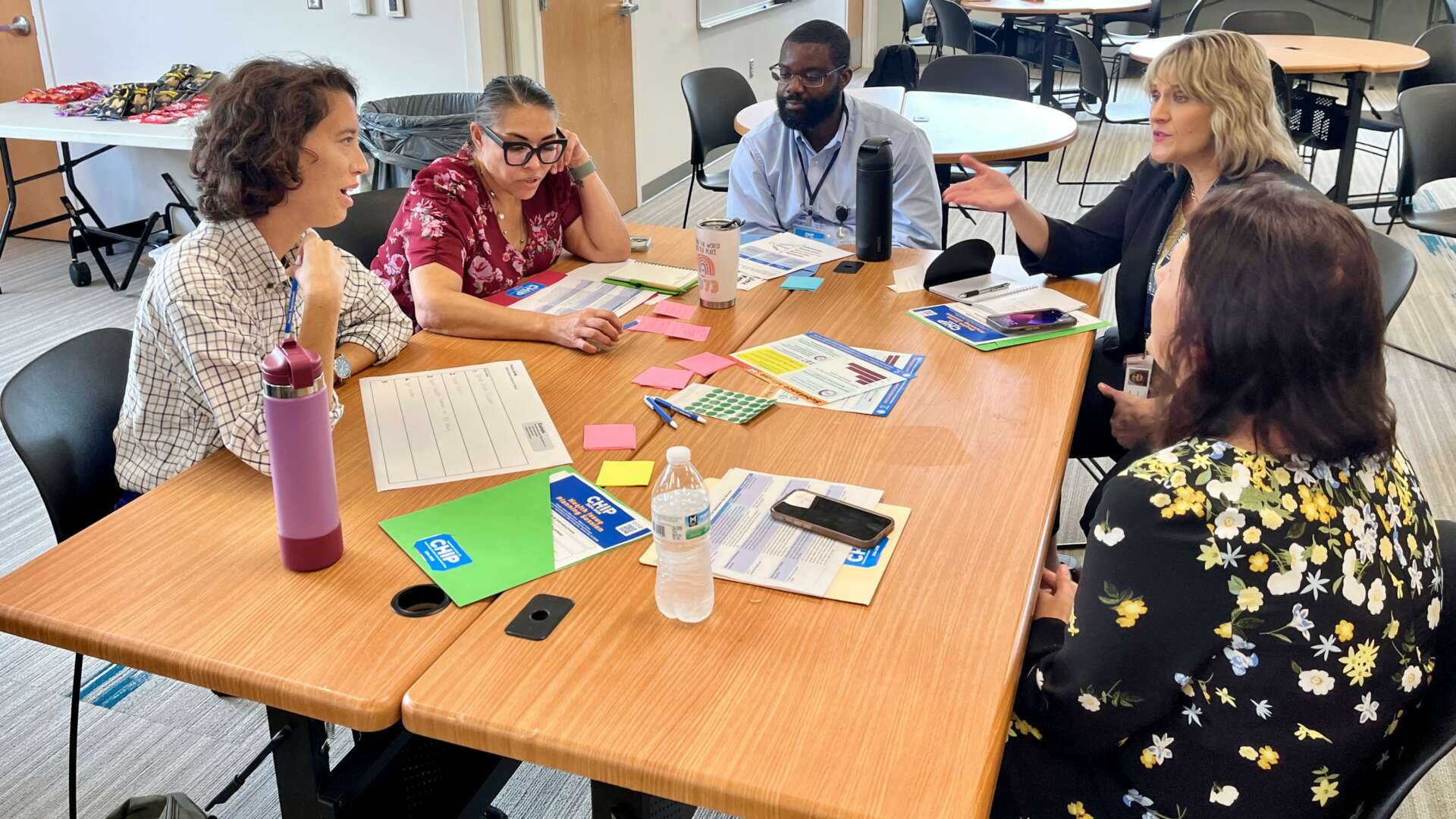
Awesome – so before we get into the rest of our questions, can you briefly introduce yourself to our readers.
Since my time in Americorps, I have had a variety of jobs all centered around HIV or Substance Use advocacy. What I’ve learned is I have a strength in making connections. I am now the Substance Use Coordinator at a local health department in a rather conservative state, and it’s really hard work. The stigma is strong, and many people with power still see people who use drugs as someone who doesn’t care, who threw their life away, and is taking away resources for people who “still have a chance at success in life.” Views like that crush me and gives me more of a reason to be as loud as I can be. My job now includes bringing agencies together who work for the drug user community to make sure that we are offering services as best as we can to ensure easy access to resources and recovery for people who use drugs. I advocate at the state level for change in policy so that things like Narcan, fentanyl test strips, and SSP’s can be used without fear or judgement. I go to community organizations and talk about how to use Narcan, and how drugs affect our brain, so people can have a better understanding of why people who use drugs behave erratically at times, and so that they can feel equip to respond to things like an overdose. The reality is, 1/3 people know someone with a substance use disorder, and if we keep on not talking about it or pretending it’s not our problem, our friends, relatives, coworkers, etc. will continue to die. This is a full-blown epidemic, and we need to start responding in a way where we are acknowledging that it is an “us” problem, not a “them” problem.
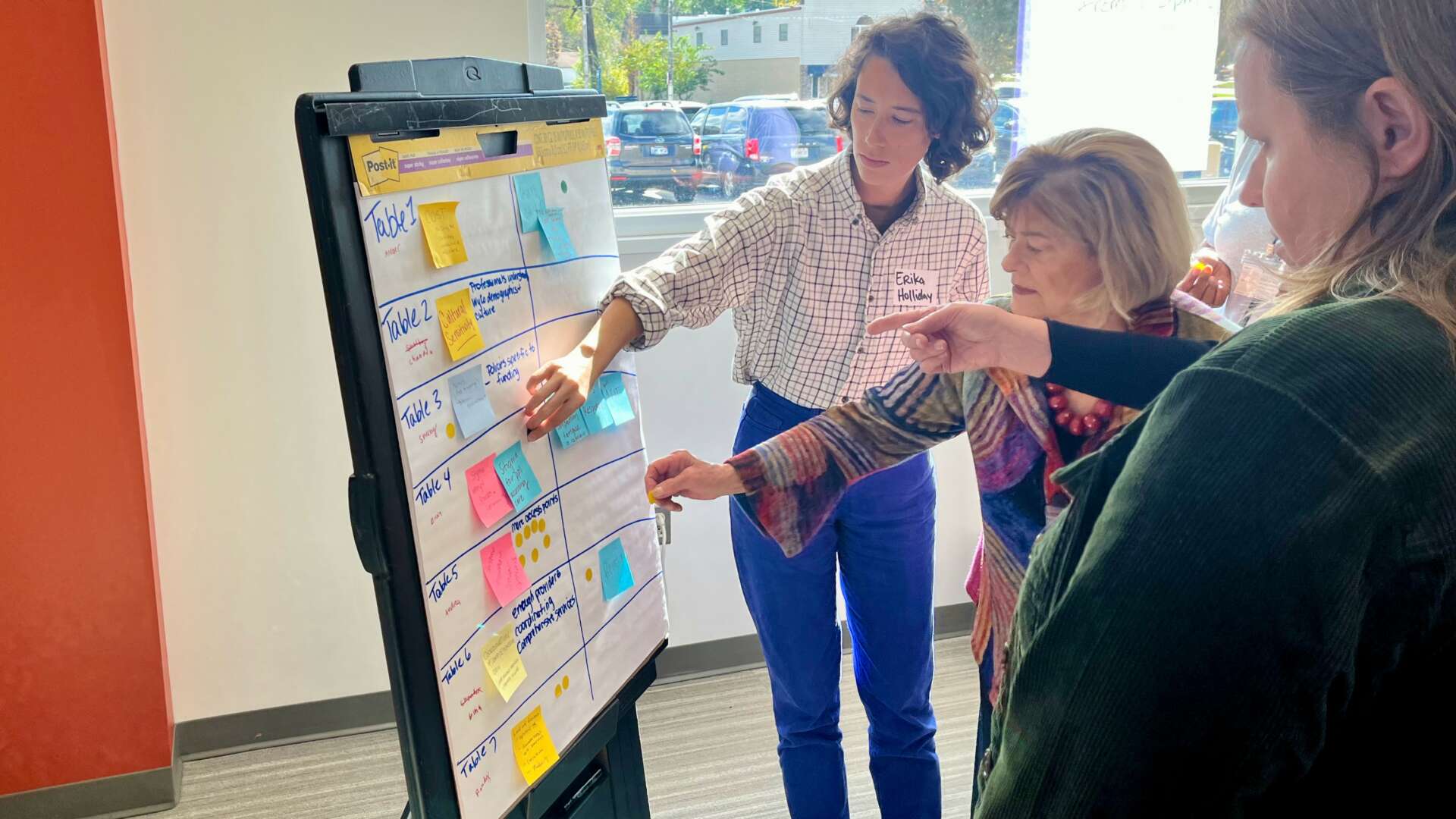
Do you have any insights you can share related to maintaining high team morale?
Take breaks, shut your brain off sometimes. People in this work have to face the reality of people dying every day from overdose. We hear constantly that there are not enough resources in housing, jobs, and harm reduction services. On top of that we constantly have to be working to convince the greater population that people who use drugs matter, due to public and personal stigma that does not decrease. That is exhausting. I have looked a state legislator in the eye and told him that in my county we are seeing overdoses every day, and deaths from overdose are increasing yearly. And the result from our lawmakers has been consistent, they do not care. That continues to be crushing.
I tell my staff, as well as myself, to take breaks as needed. Sometimes that looks like leaving work early or drowning yourself in reality tv for a weekend. It is a lot to do this kind of work during the day, then jump on social media later and see things like the number of new deaths in Gaza, or the latest celebrity who sexually abused someone. While these realities are so important, and are worth being loud for, it is okay to let others have their cause they dive into and for you to take rest. Otherwise, it would be impossible to continue the work of advocacy, policy change, and resource expansion at full effect. We can’t afford for mental exhaustion to bleed into our work, so taking time away to destress and debrief is incredibly important.
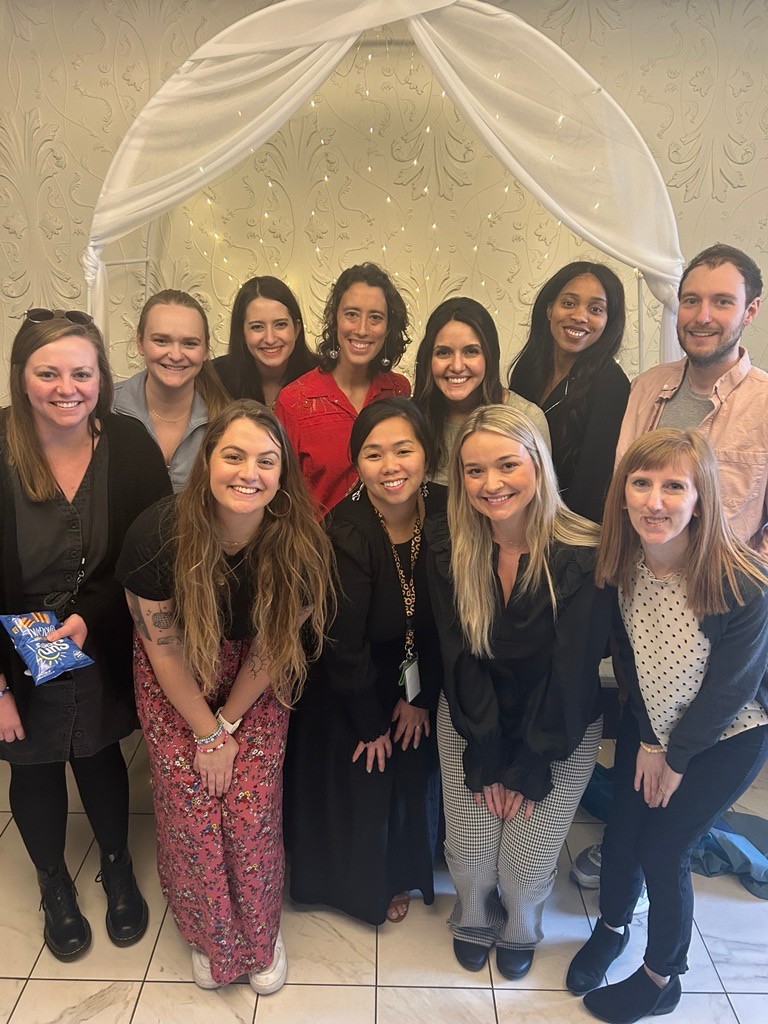
Other than training/knowledge, what do you think is most helpful for succeeding in your field?
Dive into the community that you serve. Having an advanced degree and attending training webinars are great, but no local work is going to be effective if you don’t understand the needs of the community you’re serving. Talk to people who have stories related to (in my case) drug addiction. Attend local forums and city council meetings. Show up to fundraisers put on by partner organizations. And during all of those experiences, listen, and talk to people. Let them see your face and make it clear that you care and want their input for the change you are trying to create. If you’re an outsider, no one will trust you. Trust, relationships, and community understanding are key to making local public health work successful.
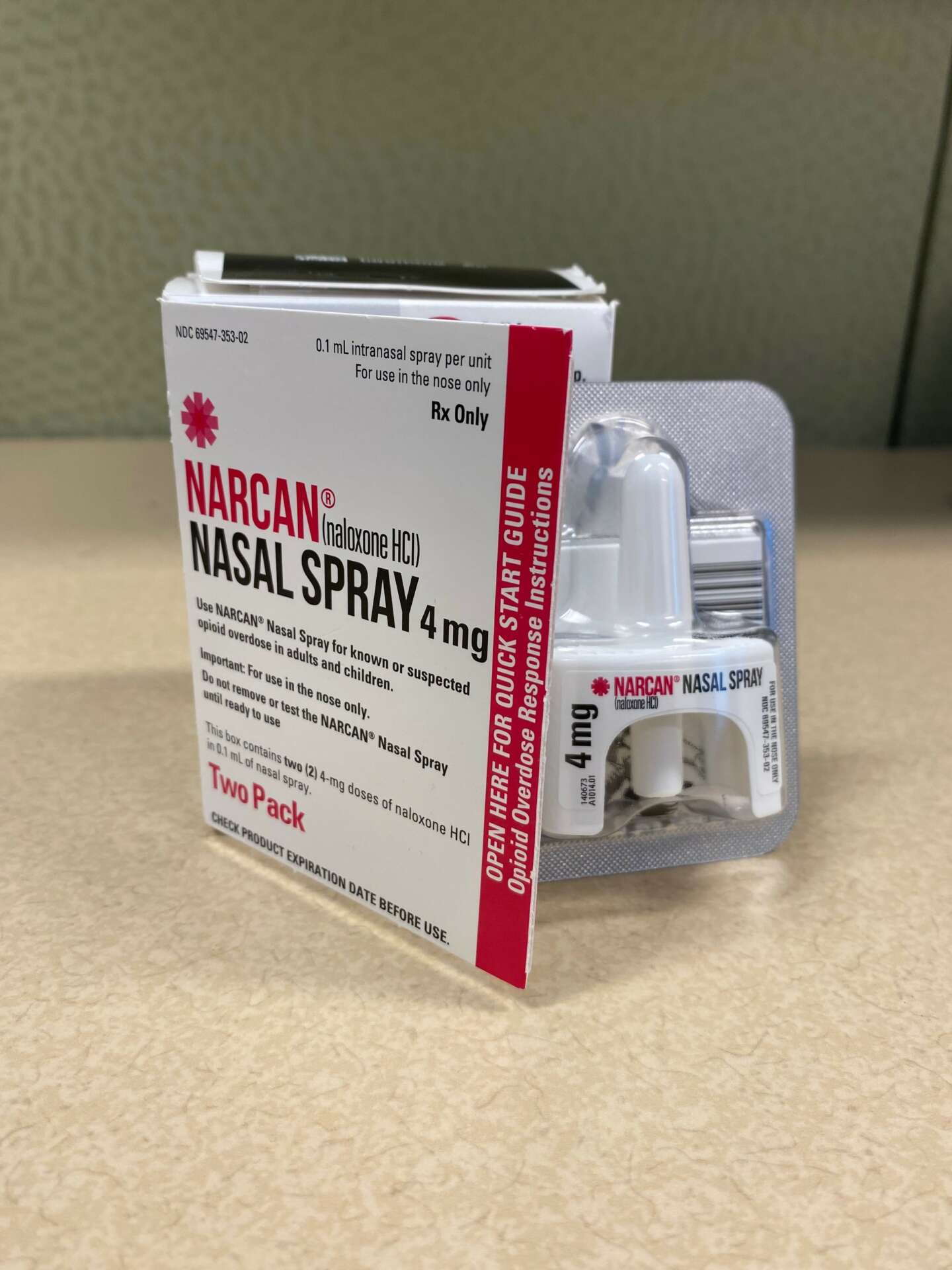
Contact Info:
- Website: https://neverusealone.com/
- Instagram: @erika_thediscoguy
- Youtube: https://www.youtube.com/watch?v=057i56kFVAk
Image Credits
Erika in Harm Reduction shirt taken by Willym Brown


